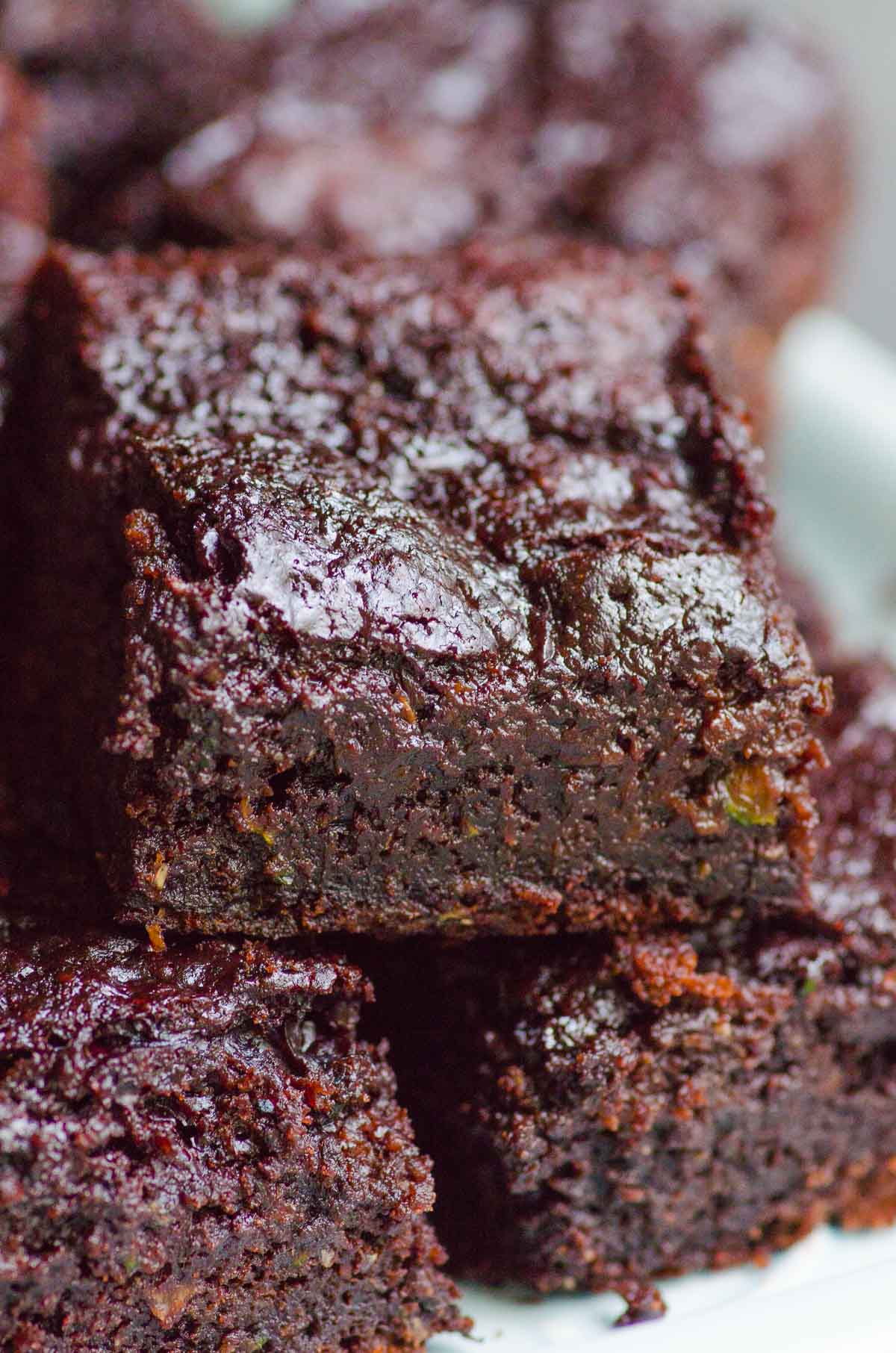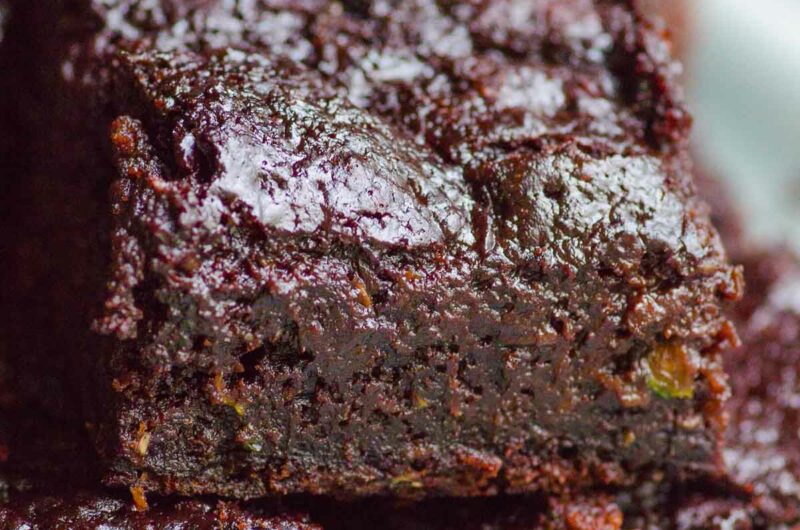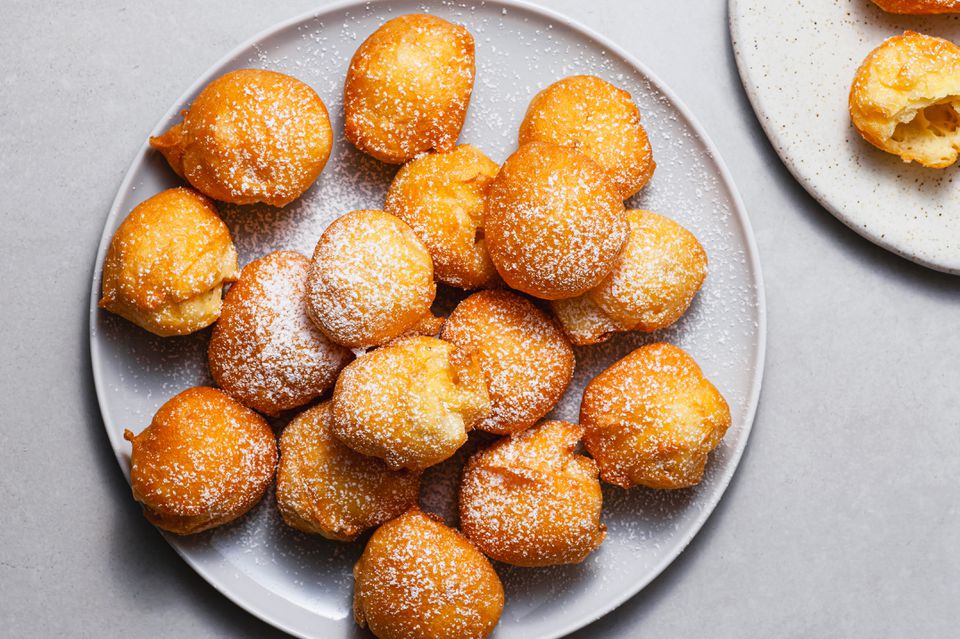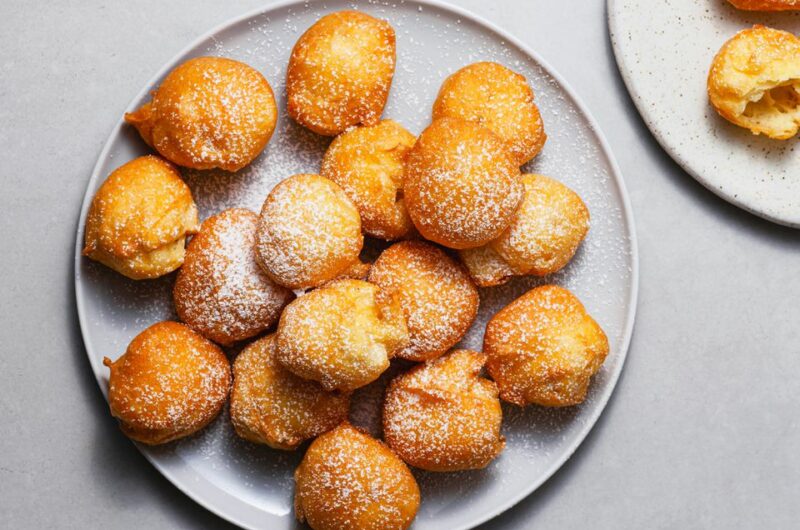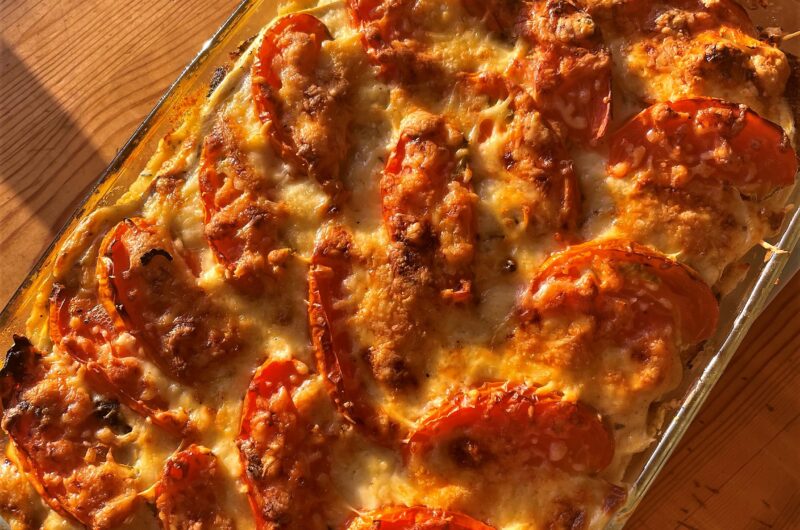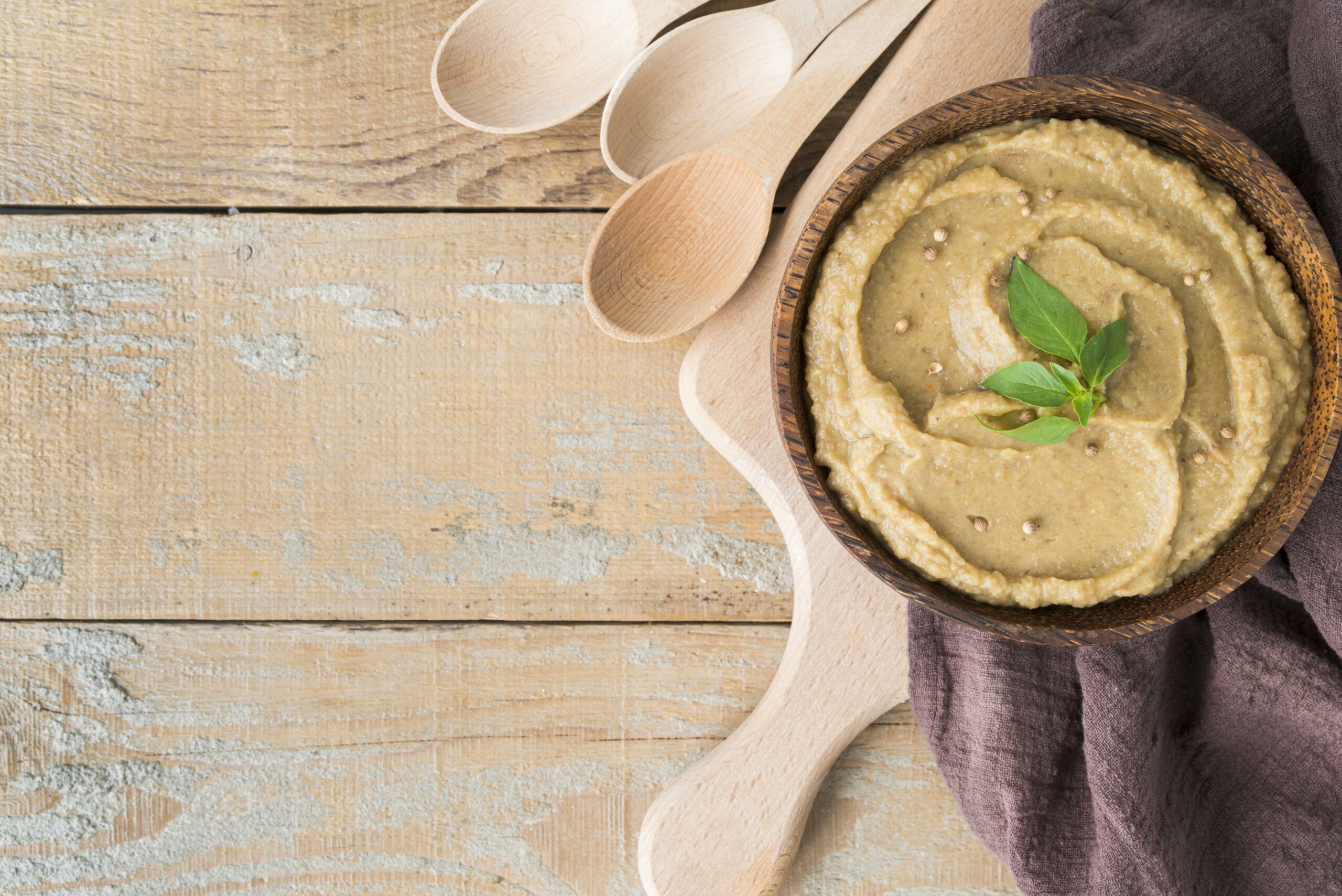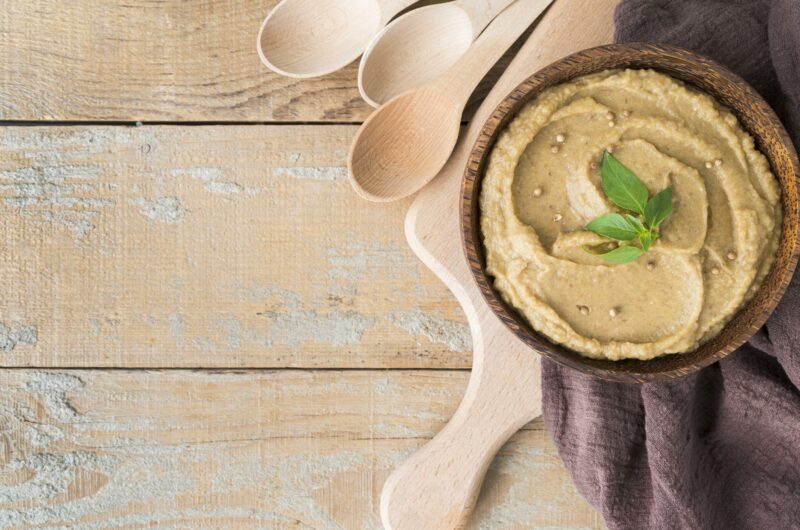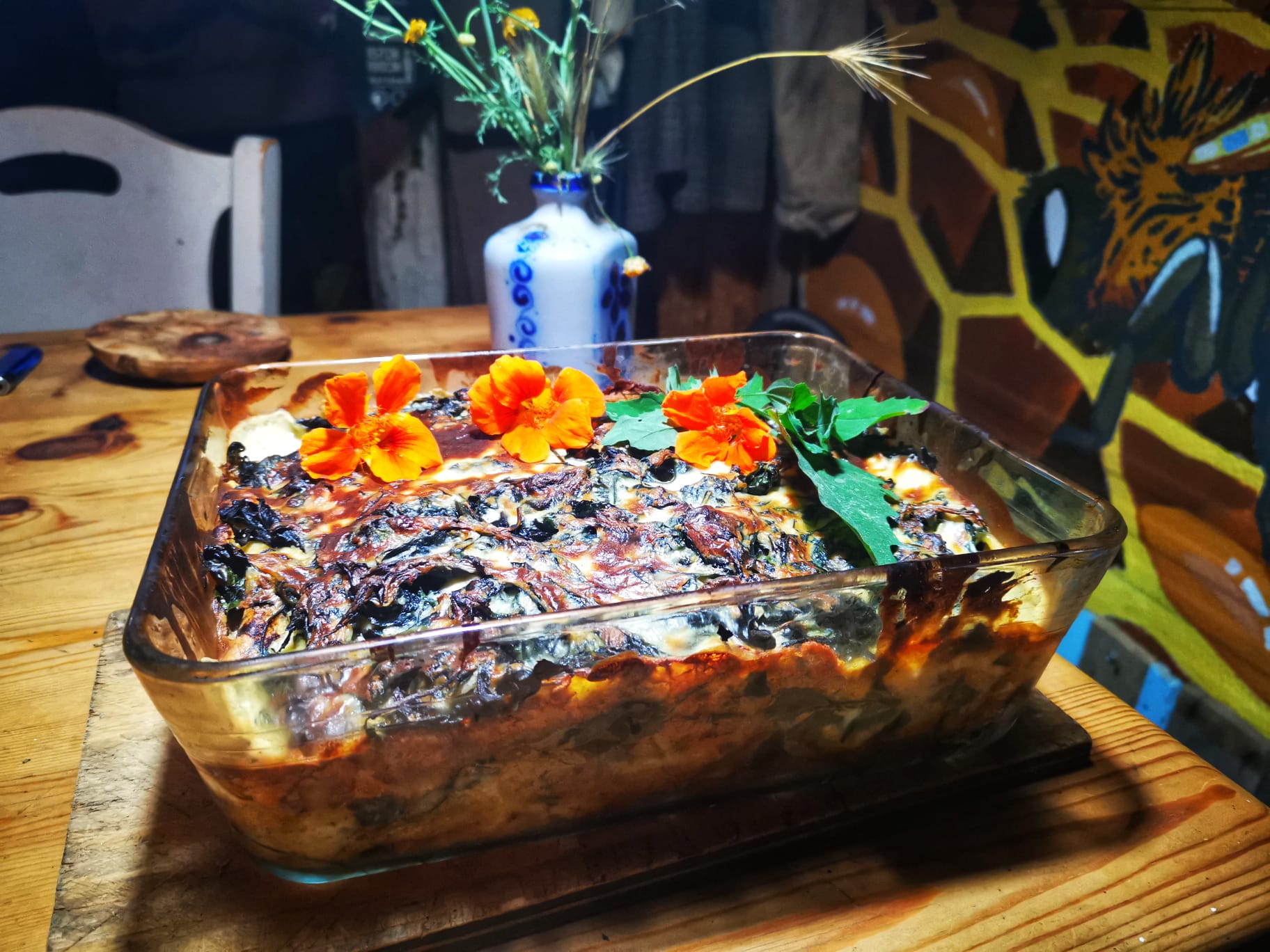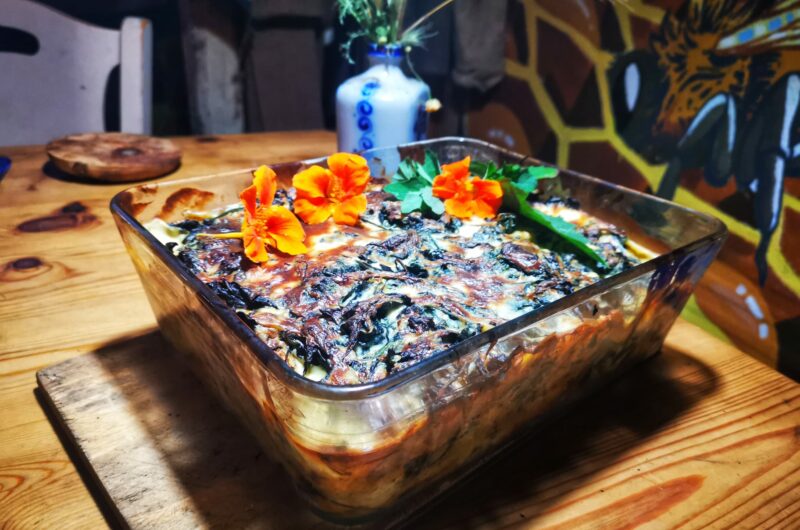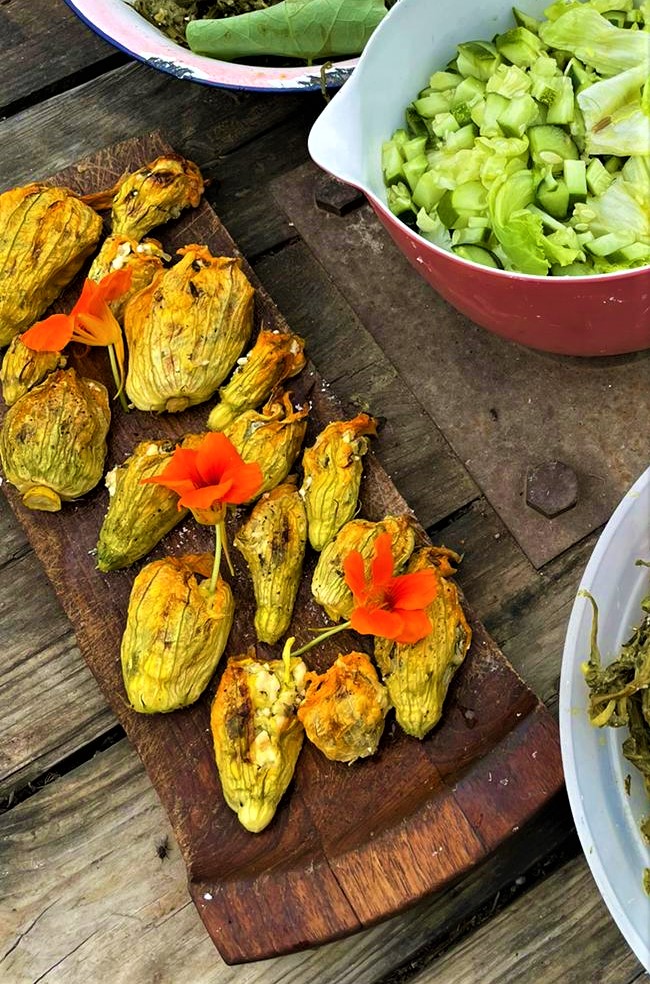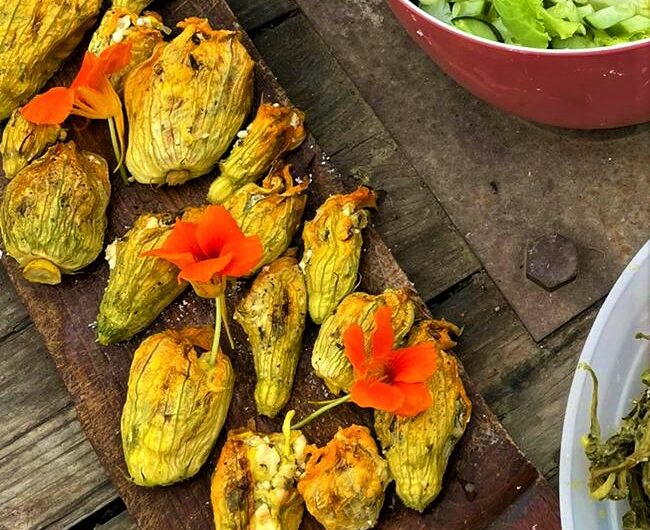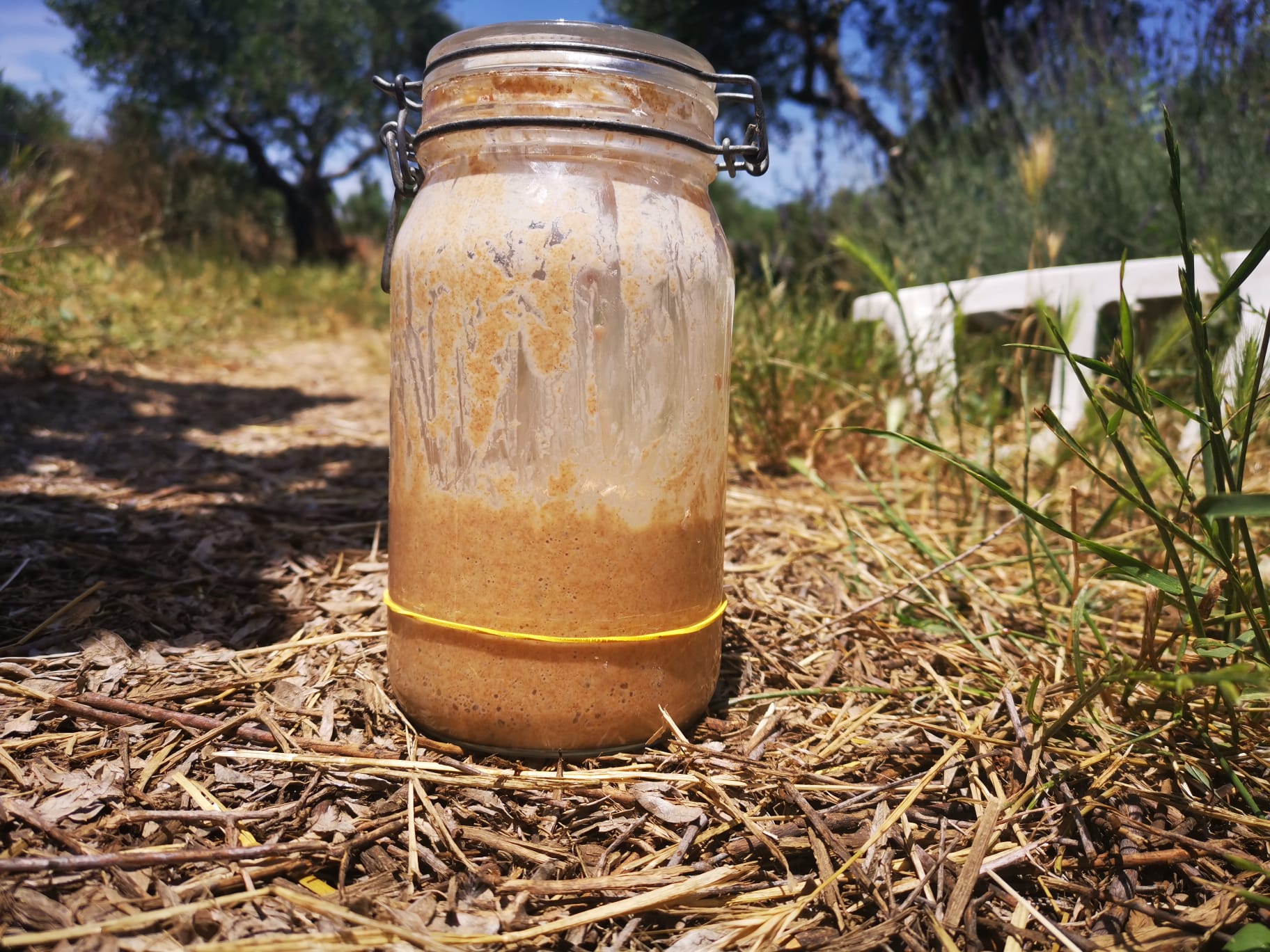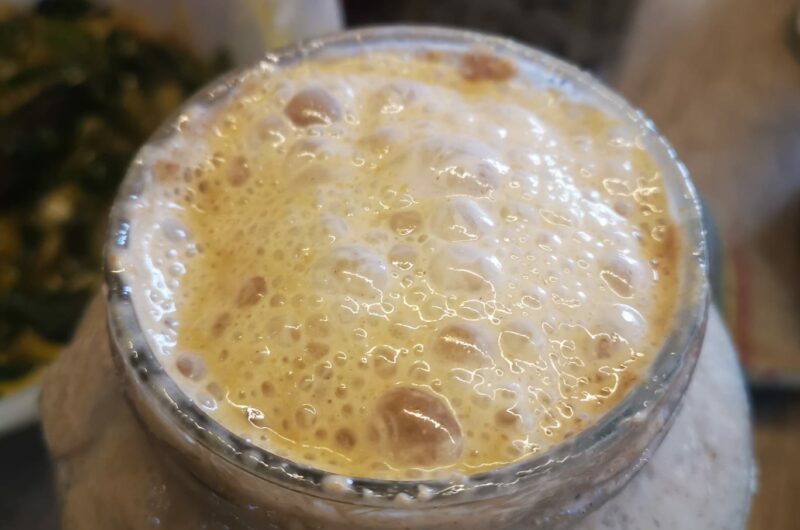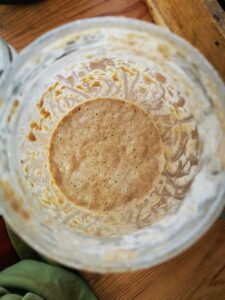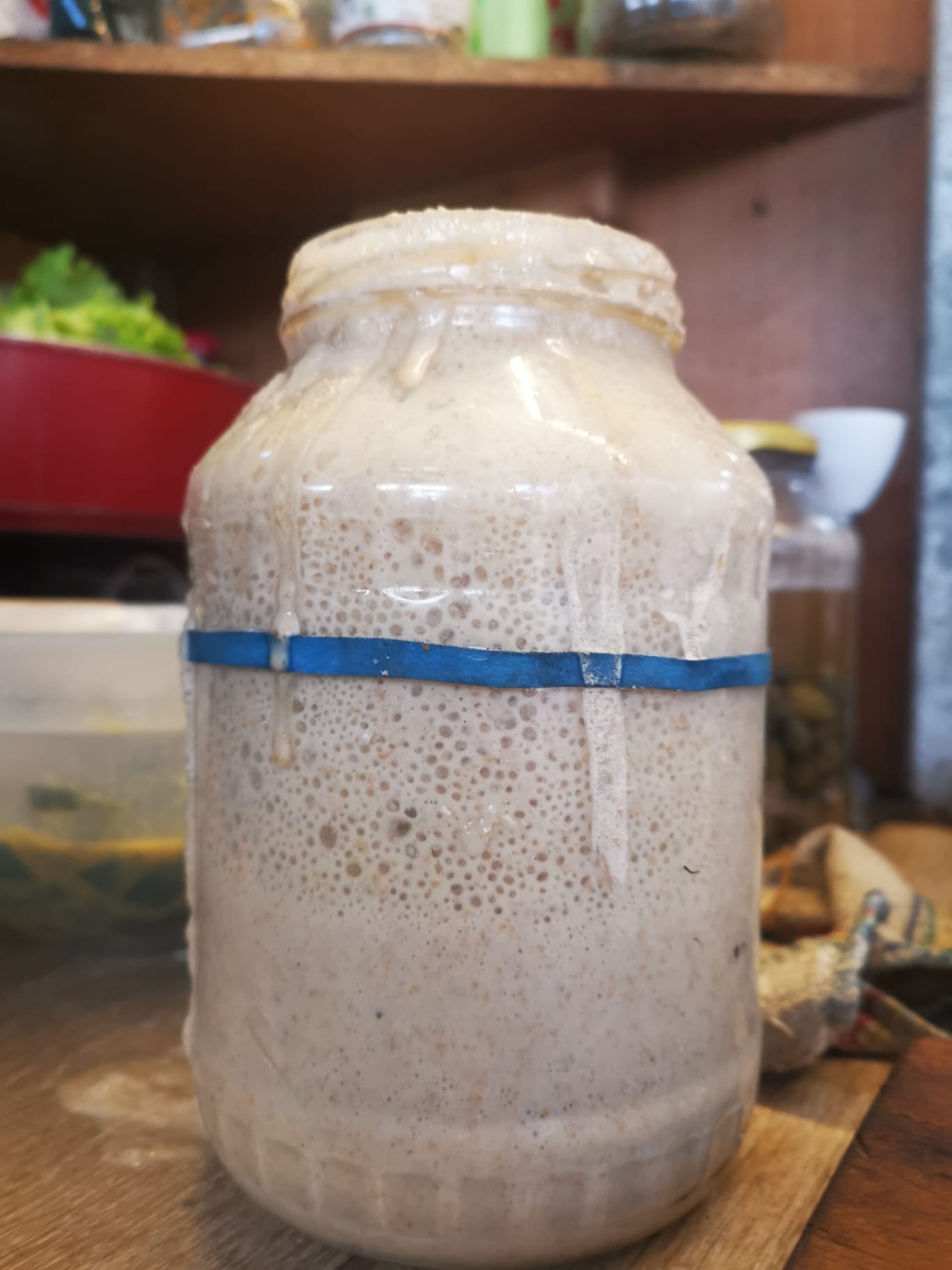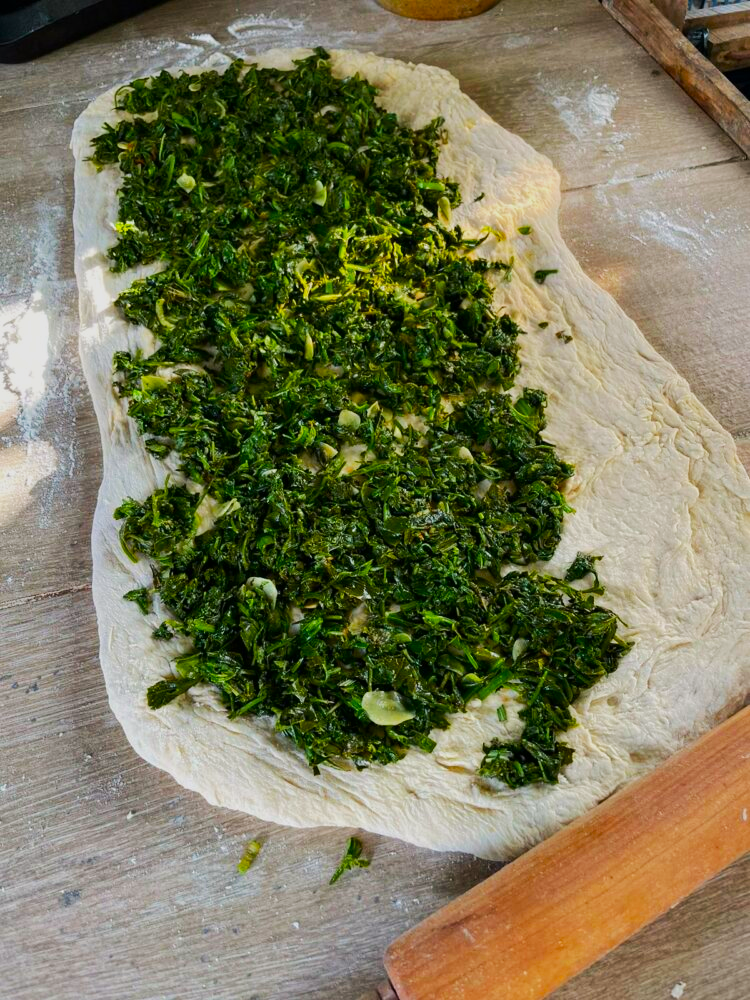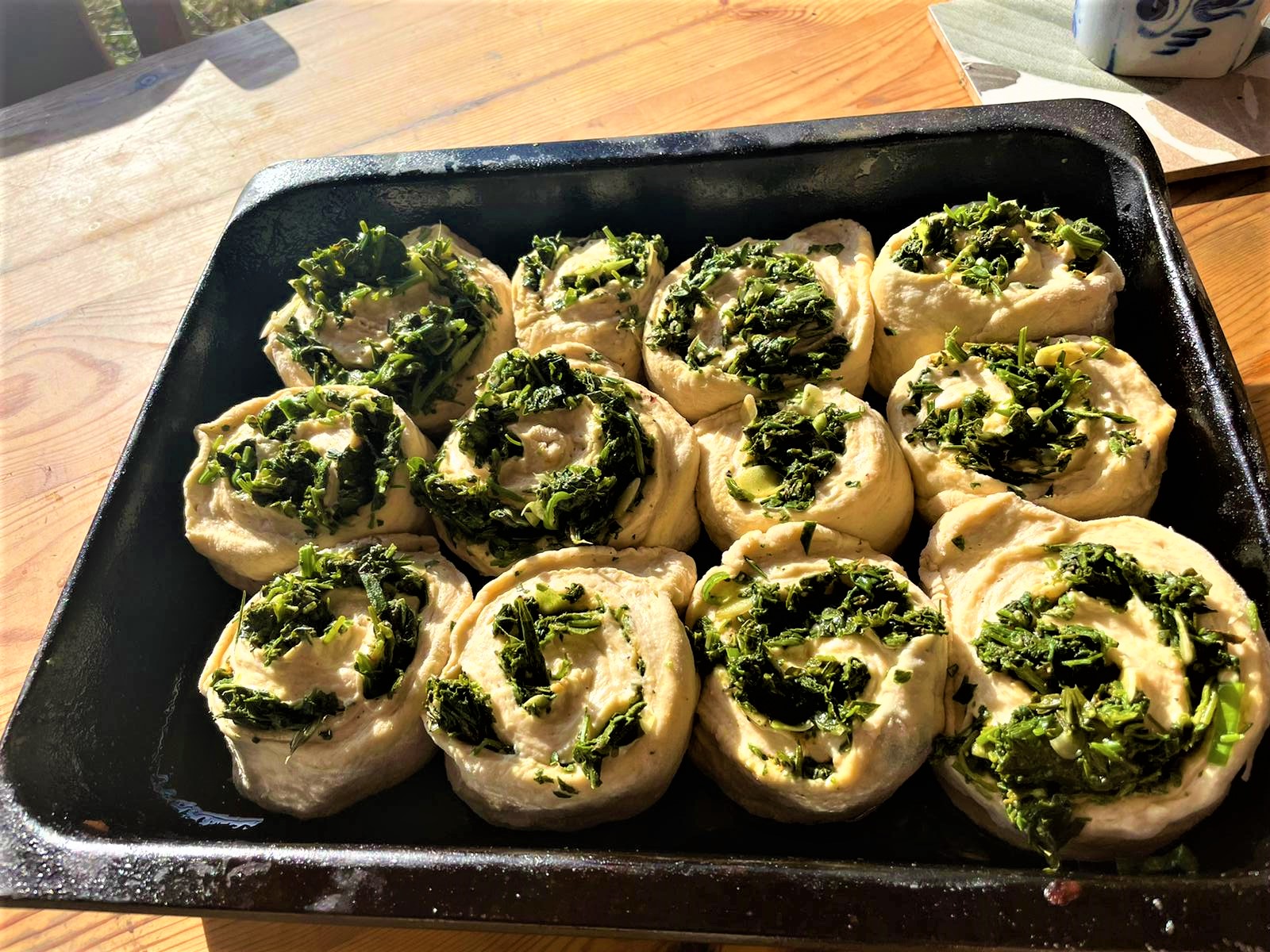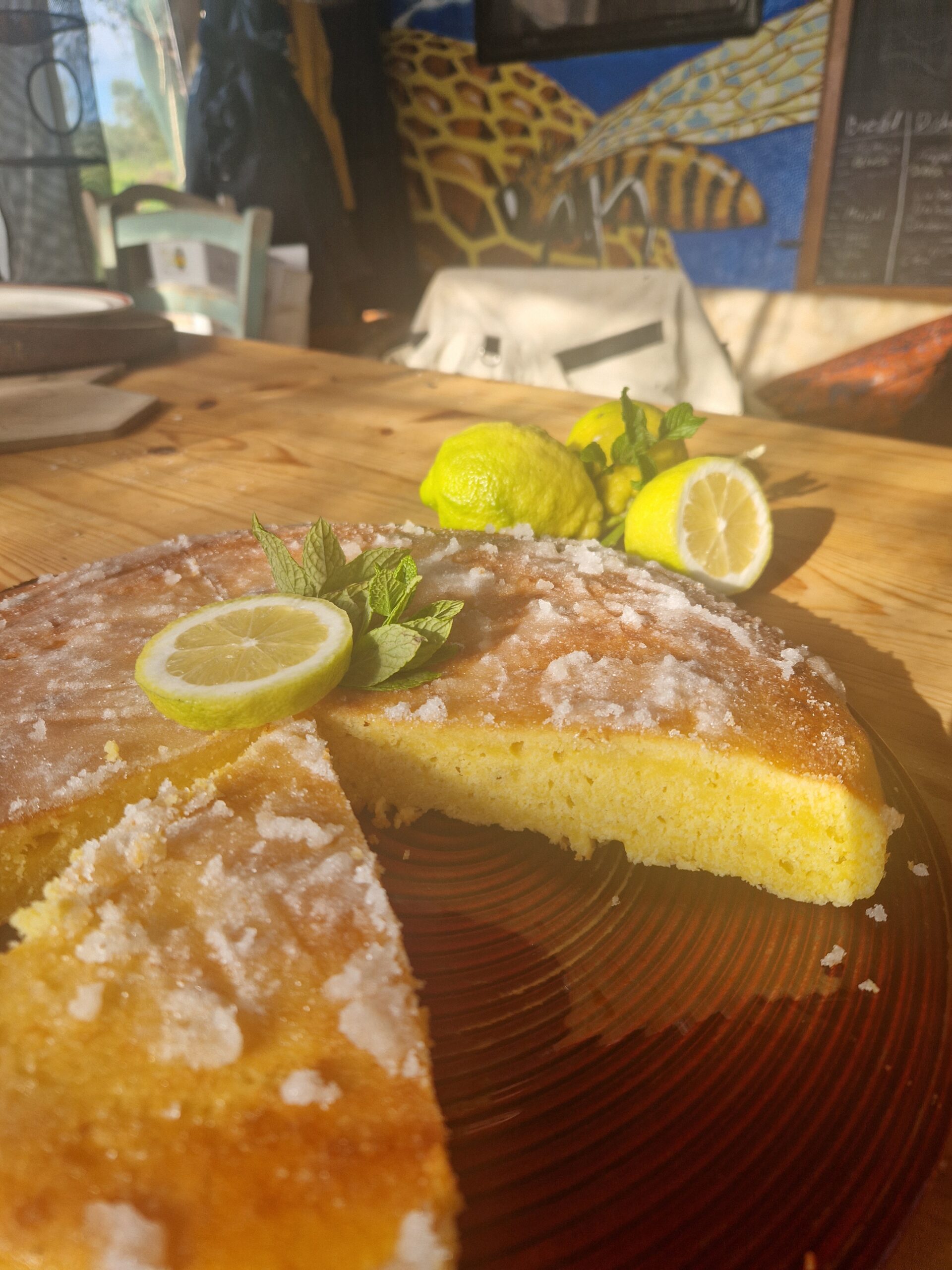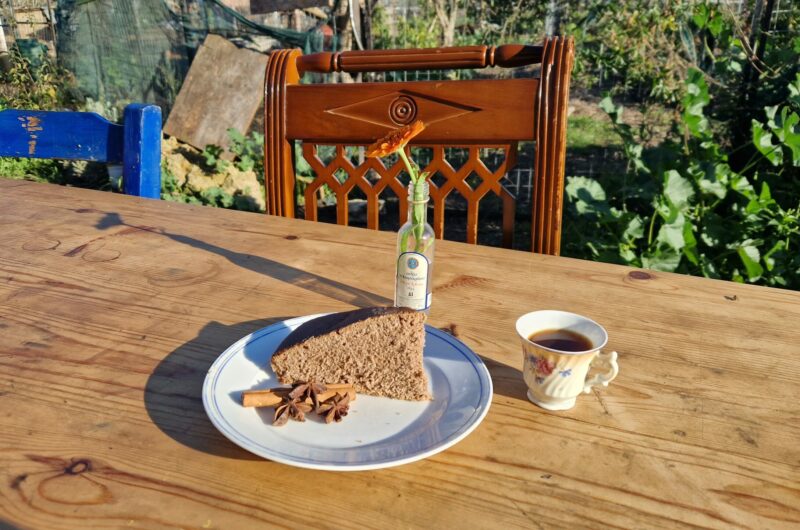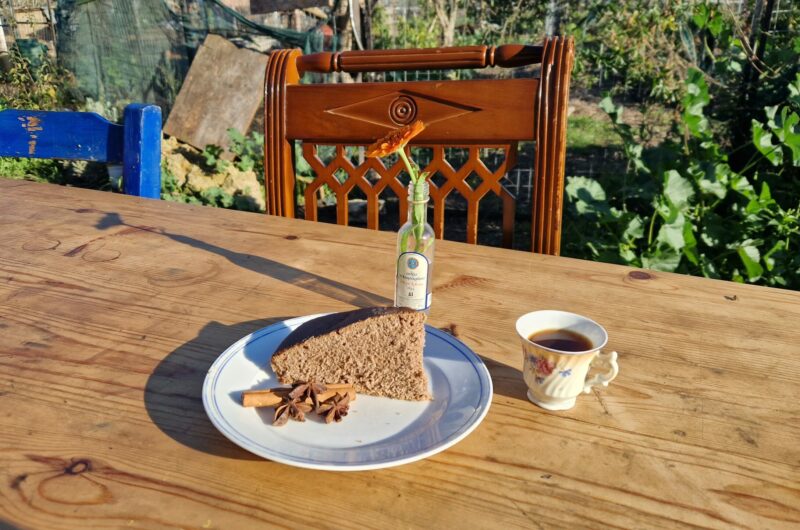Lucie’s zucchini brownies
Course: Dessert, RecipesDifficulty: Easy15
servings15
minutes40
minutesgood
kcal1
hour5
minutesIngredients
- Cake
500 gr of zucchini
400 gr of sugar
4 eggs
4 tsp of baking powder
1 pinch of salt
250 gr of butter or oil
400 gr of flour
200 gr of oatflakes or nuts
100 gr of chocolate
- Icing
Jam (lemon or orange for example)
Chocolate
Directions
- Baking the cake
- Mix the salt, sugar and eggs until they get pale and bubbly
- Add the flour and the baking powder
- Add the shredded zucchini, nuts and chocolate
- Put the batter in an oven dish and into the oven for 35-45 minutes at 180c degrees.
- When it is still hot, spread a thin layer of jam and put some melted chocolate on top.
Notes
- Better served a day later so that the cake soaks in the icing flavor and moistness!
- Flo’s tip: to make it less sticky when un-molding a cake make sure to put some flour in the dish plate before the batter.
